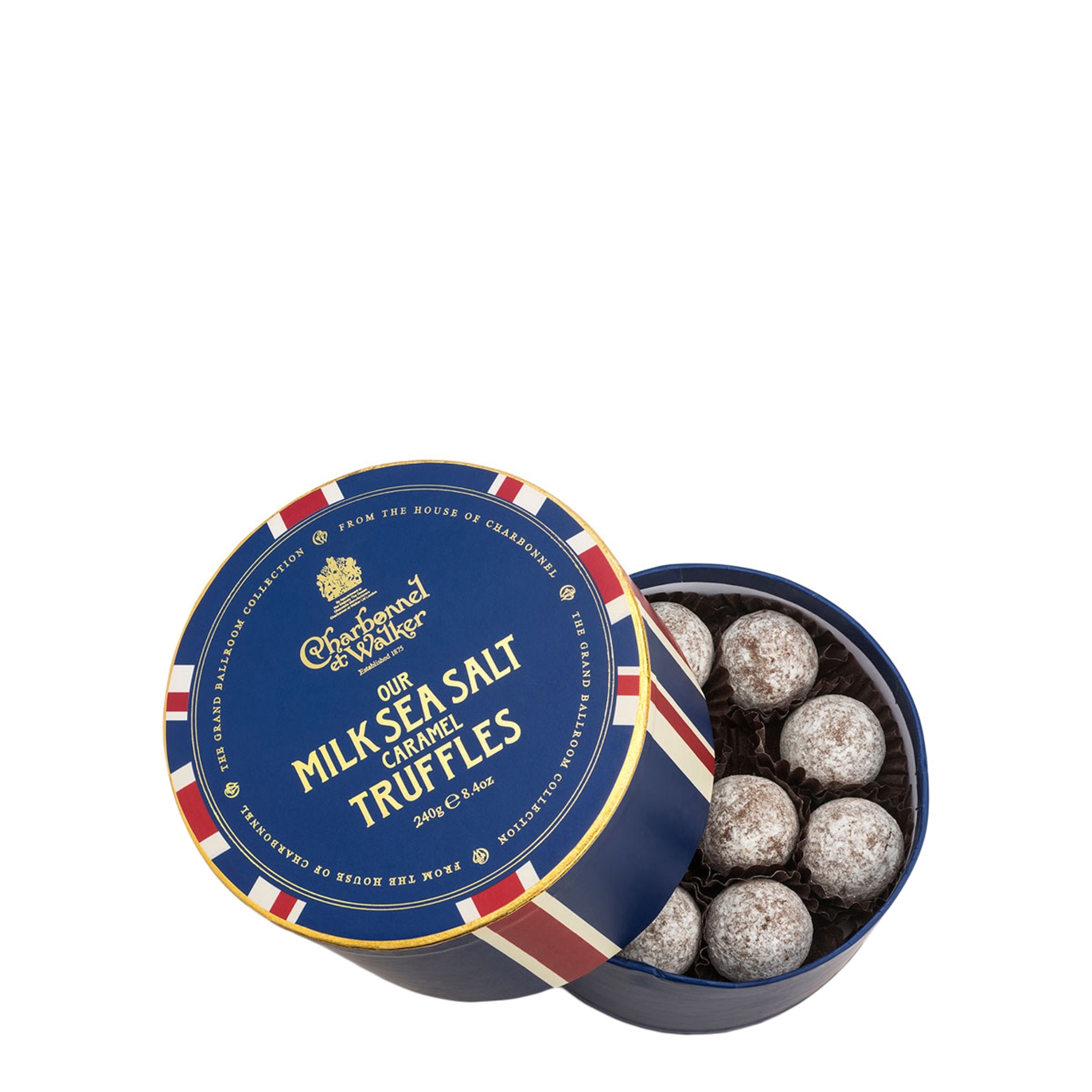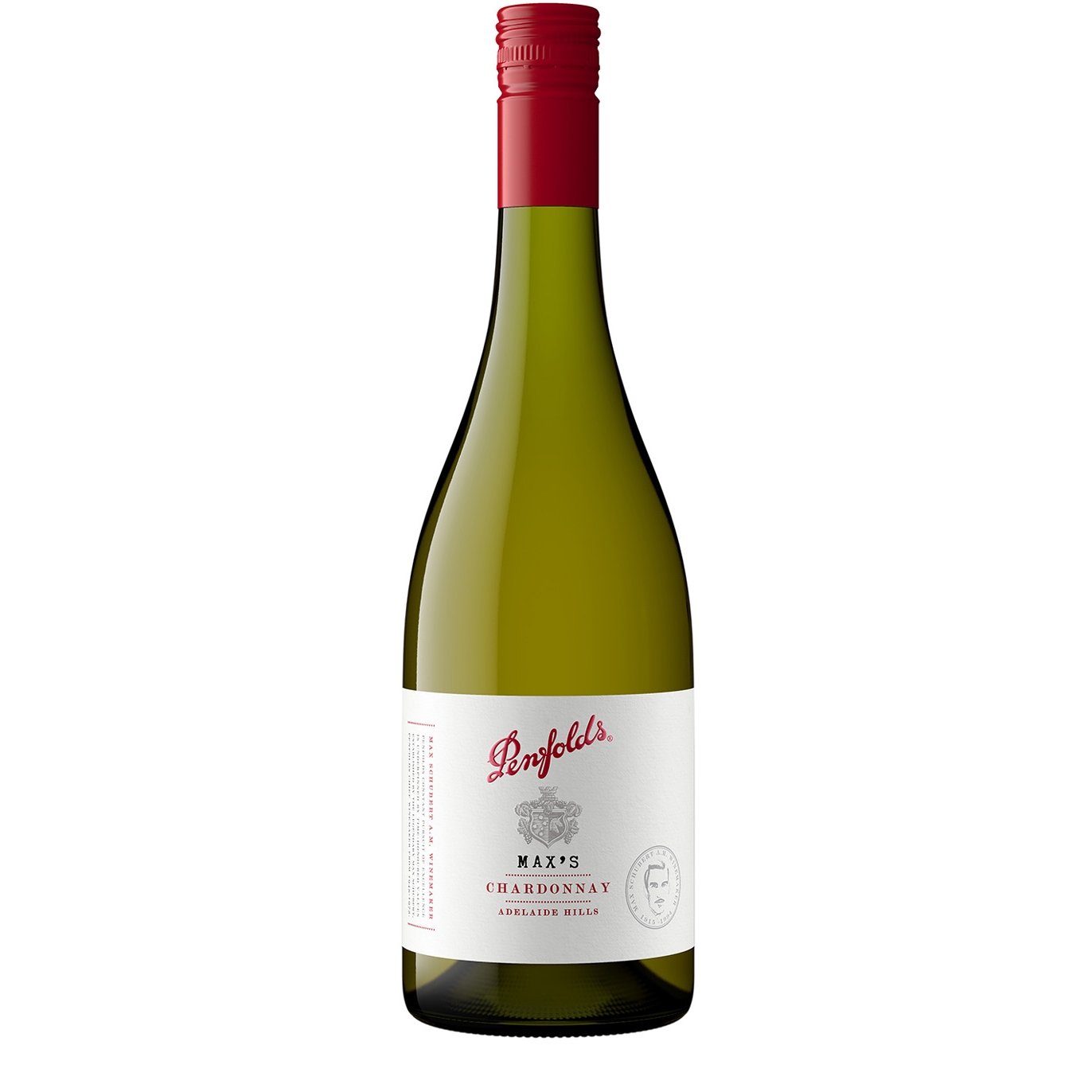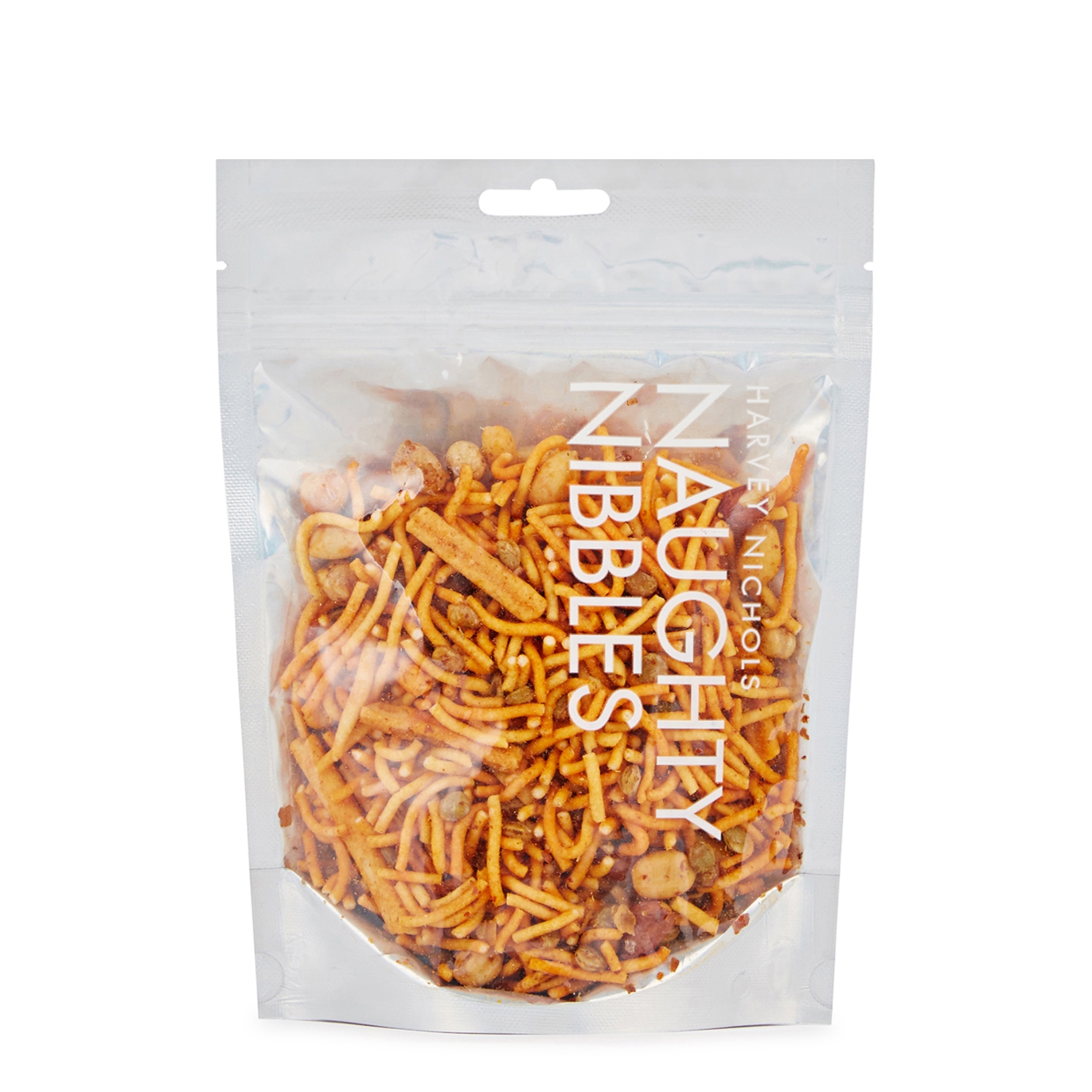
Tahi Pohutukawa Honey 250g
Winner of a Gold Medal for quality at the London Honey Awards 2020. Move over Manuka. It's time for the ever-so-fun-to-say Pohutukawa Honey. New to Tahi's range, this honey was introduced to the UK by Harvey Nichols. Pohutukawa (also known as metrosieros excelsa, New Zealand Christmas tree and iron tree) is a member of the myrtle family and has a brilliant proliferation of spiky red flowers. Highly regarded by Maori, this tree's blossom, called kahika, creates a pearly white and creamy honey. This is thought to have many of the antibacterial, antimicrobial, anti-inflammatory and energy benefits associated with its more famous cousin Manuka. But what makes Pohutukawa honey different is that the tree grows along the coast, which many credit with giving the honey a slightly salty twang. We've been drizzling it over ice cream and popcorn, slathering it onto wholegrain toast and stirring it into yoghurt. Tahi produces its award-winning, natural and eco-friendly honey on a remote wetland sanctuary on New Zealand's North Island. Its bees feed freely on the nectar of wild flowers, the honey then receives minimal treatment (no overheating, no pasteurising, nothing added) to retain its high pollen content - so highly prized for its health and beauty benefits. Tahi has planted thousands of trees, restored 30 hectares of wetlands, offset their carbon footprint and educated local communities. Their activities have seen the number of bird species on their land rise from 14 to 70. Its hives are in the wild and are not used for commercial pollination, meaning the bees are not constantly being moved around, they receive multiple food sources and are less exposed to pesticides and fungicides. And finally, where most honey producers replace the honey they take from the hive with a sugar solution that contains none of the nutrients that bees need to protect their immune system, Tahi leave their bees with enough of their own honey to ensure their healthy survival over the winter months.
-
Harvey Nichols (Eu)
-
Tahi
29.95 EUR
Samankaltaisia tuotteita
-
![The Fine Cheese Company Basil & Extra Virgin Olive Oil Crackers 125g]() 3.50 EURThe Fine Cheese Company Basil & Extra Virgin Olive...Harvey Nichols (Eu)
3.50 EURThe Fine Cheese Company Basil & Extra Virgin Olive...Harvey Nichols (Eu) -
![1839 Manuka Honey Manuka Honey UMF 22+ 125g]() 64.95 EUR1839 Manuka Honey Manuka Honey UMF 22+ 125gHarvey Nichols (Eu)
64.95 EUR1839 Manuka Honey Manuka Honey UMF 22+ 125gHarvey Nichols (Eu) -
![Charbonnel Et Walker Union Jack Milk Sea Salt Caramel Chocolate Truffles 240g]() 24.95 EURCharbonnel Et Walker Union Jack Milk Sea Salt Cara...Harvey Nichols (Eu)
24.95 EURCharbonnel Et Walker Union Jack Milk Sea Salt Cara...Harvey Nichols (Eu) -
![Penfolds Max's Chardonnay 2018 White Wine]() 21.00 EURPenfolds Max's Chardonnay 2018 White WineHarvey Nichols (Eu)
21.00 EURPenfolds Max's Chardonnay 2018 White WineHarvey Nichols (Eu) -
![Leeu Passant Dry Red Wine 2017 Magnum 1500ml Red Wine]() 195.00 EURLeeu Passant Dry Red Wine 2017 Magnum 1500ml Red W...Harvey Nichols (Eu)
195.00 EURLeeu Passant Dry Red Wine 2017 Magnum 1500ml Red W...Harvey Nichols (Eu) -
![Harry Potter Chocolate Frog 15g]() 5.50 EURHarry Potter Chocolate Frog 15gHarvey Nichols (Eu)
5.50 EURHarry Potter Chocolate Frog 15gHarvey Nichols (Eu) -
![Cartwright & Butler Spicy Ginger Preserve 280g]() 5.45 EURCartwright & Butler Spicy Ginger Preserve 280gHarvey Nichols (Eu)
5.45 EURCartwright & Butler Spicy Ginger Preserve 280gHarvey Nichols (Eu) -
![Harvey Nichols Bombay Dal Snack 140g]() 4.95 EURHarvey Nichols Bombay Dal Snack 140gHarvey Nichols (Eu)
4.95 EURHarvey Nichols Bombay Dal Snack 140gHarvey Nichols (Eu)







